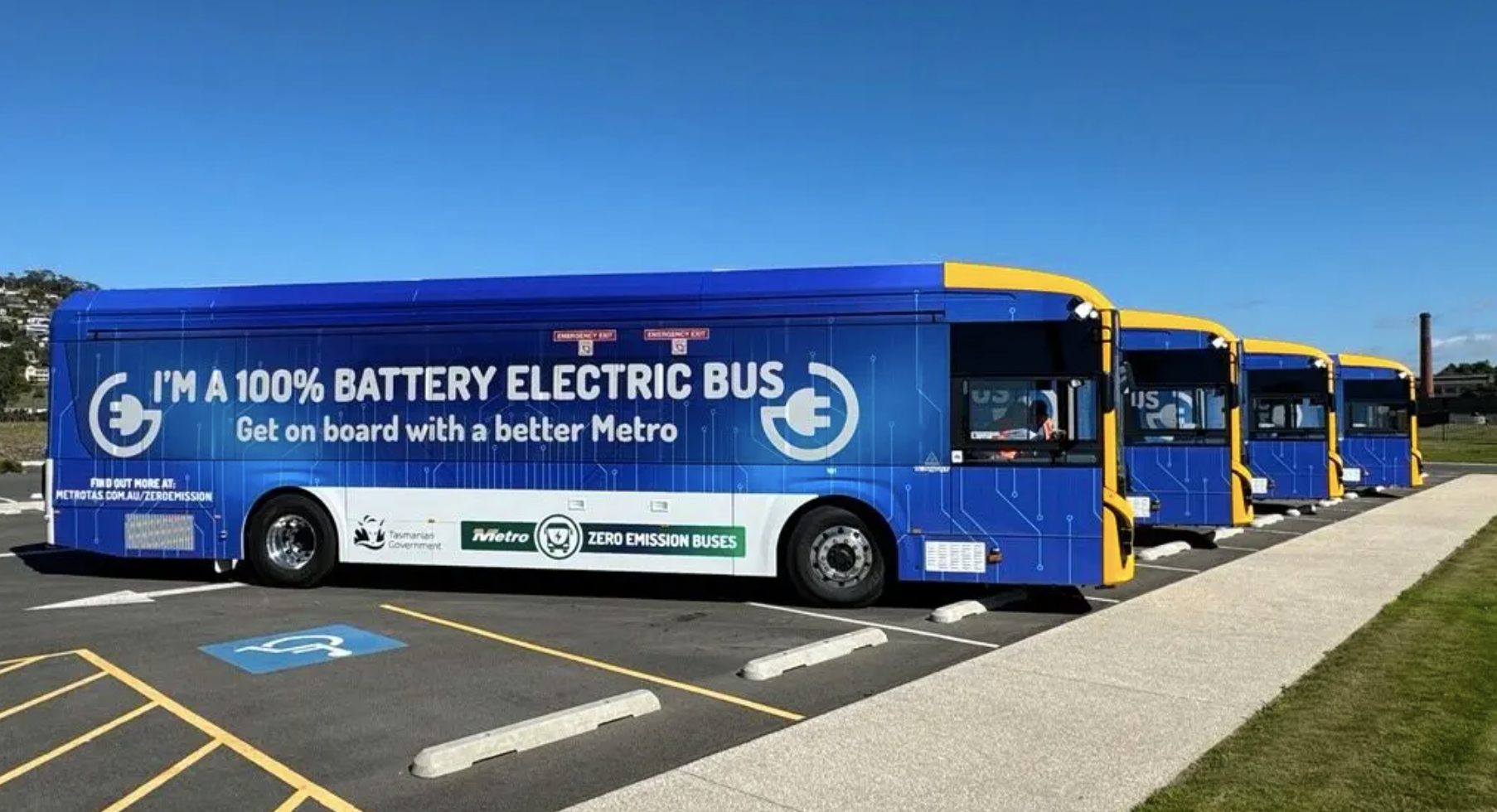
"While the push for sustainable mobility is stronger than ever, the widespread deployment of zero-emission buses is still hindered by high upfront costs and infrastructure complexity."
"Despite clear environmental benefits, operational efficiency concerns and technological uncertainty have created skepticism among transit operators regarding the transition to zero-emission buses."
"Increasing public awareness of air pollution and climate change has accelerated the adoption of ZEBs, driven by institutional support and government policies favoring cleaner transport solutions."
"The research highlights that although technological advancements for ZEBs have improved, they have not fully resolved issues related to cost and efficiency, hindering large-scale adoption."
A study by Sapienza University examines factors influencing zero-emission bus (ZEB) adoption in urban transport. Challenges like high upfront costs, complex infrastructure, and operational efficiency concerns hinder widespread deployment. The review of over 50 papers highlights that while technology has evolved, skepticism remains among transit operators due to uncertainties about battery life and maintenance. Conversely, public awareness of pollution and climate policies drives ZEB growth, aided by governmental support, showcasing a dual narrative of challenges and opportunities in achieving sustainable urban mobility.
#zero-emission-buses #sustainable-mobility #urban-transport #environmental-impact #transportation-policy
Read at Sustainable Bus
Unable to calculate read time
Collection
[
|
...
]